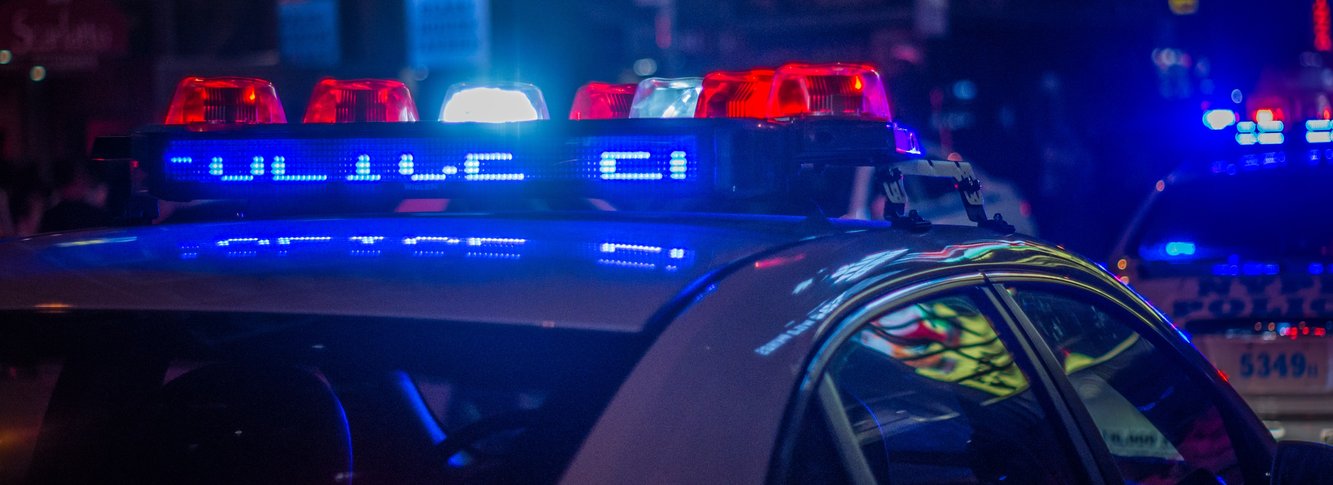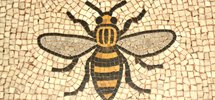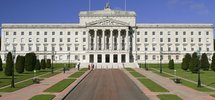| 9 mins read
Following the news that West Midlands Police have arrested five serving members of the British army on suspicion of being members of the proscribed neo-Nazi group National Action, we should consider the extent to which the British Government’s approach to banning extremist groups has been successful.
Over the past two decades, the British Government has adopted a range of different legislative and policy measures in trying to address extremism and radicalisation, one of which is proscription. While the majority of those banned have typically adhered to extreme Islamist ideologies, those adhering to extreme far-right ideologies have begun to increasingly concern politicians and others alike. In this respect, the arrests will be far from surprising for some.
Prior to proscription under the Terrorism Act 2000 in December 2016, little was known about National Action. While those such as Britain First and the English Defence League (EDL) had courted media attention and thereby public and political reach, National Action was growing in confidence and numbers. Most concerning, however, was that as Hope Not Hate noted, its supporters were becoming increasingly provocative, ever more erratic and wholly unpredictable to the extent that its greatest threat was physical rather than political. There were also very real concerns about the group’s link with Thomas Mair, the convicted murderer of the former Labour Member of Parliament for Batley and Spen, Jo Cox. At his trial, he spoke only to say was “Death to traitors, freedom for Britain”, a slogan that featured prominently on the group’s now defunct official website.
On the decision to proscribe, Amber Rudd, the Home Secretary, said that National Action “is a racist, Antisemitic and homophobic organisation which stirs up hatred, glorifies violence and promotes a vile ideology. It has absolutely no place in a Britain that works for everyone” before adding that it was “concerned in terrorism”. In doing so, it was the first time in British history that membership of a far-right group had been outlawed. Consequently, it became a criminal offence to be a member of the group, to invite support for it or help organise any meetings. Likewise also to wear clothing or insignia linked to the group or carry symbols. It would appear to be the former upon which the recent arrests have been made.
As before, little is known about National Action. Prior to proscription, it self-identified as Britain’s premier Nationalist Socialist street movement. Its founders – Alex Davies and Ben Raymond – were originally members of the youth wing of the now largely defunct British National Party (BNP). Having become acquainted via social media they agreed that a newly revitalised nationalist youth movement was now necessary in Britain. Recognising the need to be different and distinct from existing groups and movements, the two began to demarcate between ‘good’ forms of nationalism – including the British Democratic Party and Blood & Honour – and ‘bad’ – for instance, the BNP and EDL. From this process emerged the impetus for National Action. Publishing a manifesto in 2012, the group was formed the following year and quickly began to orchestrate direct action campaigns that largely targeted university campuses and mobilising supporters to demonstrate in city centres.
Its ideology was unequivocally traditionalist and sought to offer Britain’s youth an authentic interpretation of Nazism. In doing so it broke with a number of recent trends evident within the British far-right milieu. This would appear to have been a deliberate ploy, decrying other far-right and neo-Nazi groups as being cowards for being populist in preference to traditionalist. As such, National Action’s ideology was one that included overt expressions of ultra-nationalism, racism, Antisemitism, disablism, homophobia, anti-liberalism and anti-capitalism among others. In doing so, it routinely expressed both an admiration and glorification of Hitler and what it believed were the great achievements of the Third Reich. It argued that such was needed to ‘save’ Britain, ‘our’ race and ‘our’ generation. As part of this, it aspired to establishing a ‘white homeland’ in Britain.
It was clear that National Action knew that it was likely to be banned. As such, it used its now defunct website to deny that it was in any way extremist. Citing the legislation, it argued that an extremist organisation was required to use or encourage illegal violence or terrorism to achieve its goals. Countering this, the group asserted that it was instead radical rather than extreme, adding that to achieve its goal of establishing a white Britain it could only do so through state power and so it was – and always would be – fully complicit with the state’s institutions, including the police, army and intelligence services. While so, there was always an underpinning threat of violence in much of what National Action said and did. This was evident in how it regularly spoke about the need for its members to prepare for ‘self-defence’; likewise for them to undergo combat training. But most overt was its bold statement that as a group, it was “not afraid to swing the bat at the enemy”.
While banning was as unprecedented as it was unsurprising, a lack of clarity remains about the specific and long term impact of doing so; something that is given further emphasis in the wake of the recent arrests. Given these were intelligence-led, it would seem that the mere act of banning has not countered the group’s extremist ideology, stopped the group from functioning or prevented its members from being active. On one level this too is unsurprising in that many of the groups banned under the same legislation have continued to operate by instantly regrouping albeit with the mere adoption of a different name. That is how easy it is to circumnavigate the legislation. A good illustration of this is the Islamist group Al-Muhajiroun which was banned in 2005. Between the initial ban in 2005 and 2014 when the last ban was imposed, the group, its members and its Islamist-inspired extreme ideology continued to function via groups named the Saved Sect, Call to Submission, Islam4UK, Islamic Path, London School of Sharia and Need4Khilafah. Given that it was recently claimed that affiliates to Al-Muhajiroun were linked with over half of all Islamist-inspired terror in the UK, the frailties and weaknesses of banning become apparent.
What would appear to be different here is that National Action and its members have apparently continued to use its name. At the moment, it is unclear why this might be so: could it be that the group were unconcerned with the ban or was it that they did not believe that they would be arrested? At this stage it would be wrong to speculate. Nonetheless, irrespective of whether the group and its members had chosen to continue to use the name its ideology would not have been destroyed on the basis of the ban alone. Also of grave concern is the prospect of National Action – and possibly other far-right and neo-Nazi groups – actively seeking to recruit servicemen to their rank and file. Again, while it would be wrong to speculate about this now it was alleged earlier this year that something similar was happening in the United States via the 4Chan website. It will be interesting to see how the situation develops.
Need help using Wiley? Click here for help using Wiley







